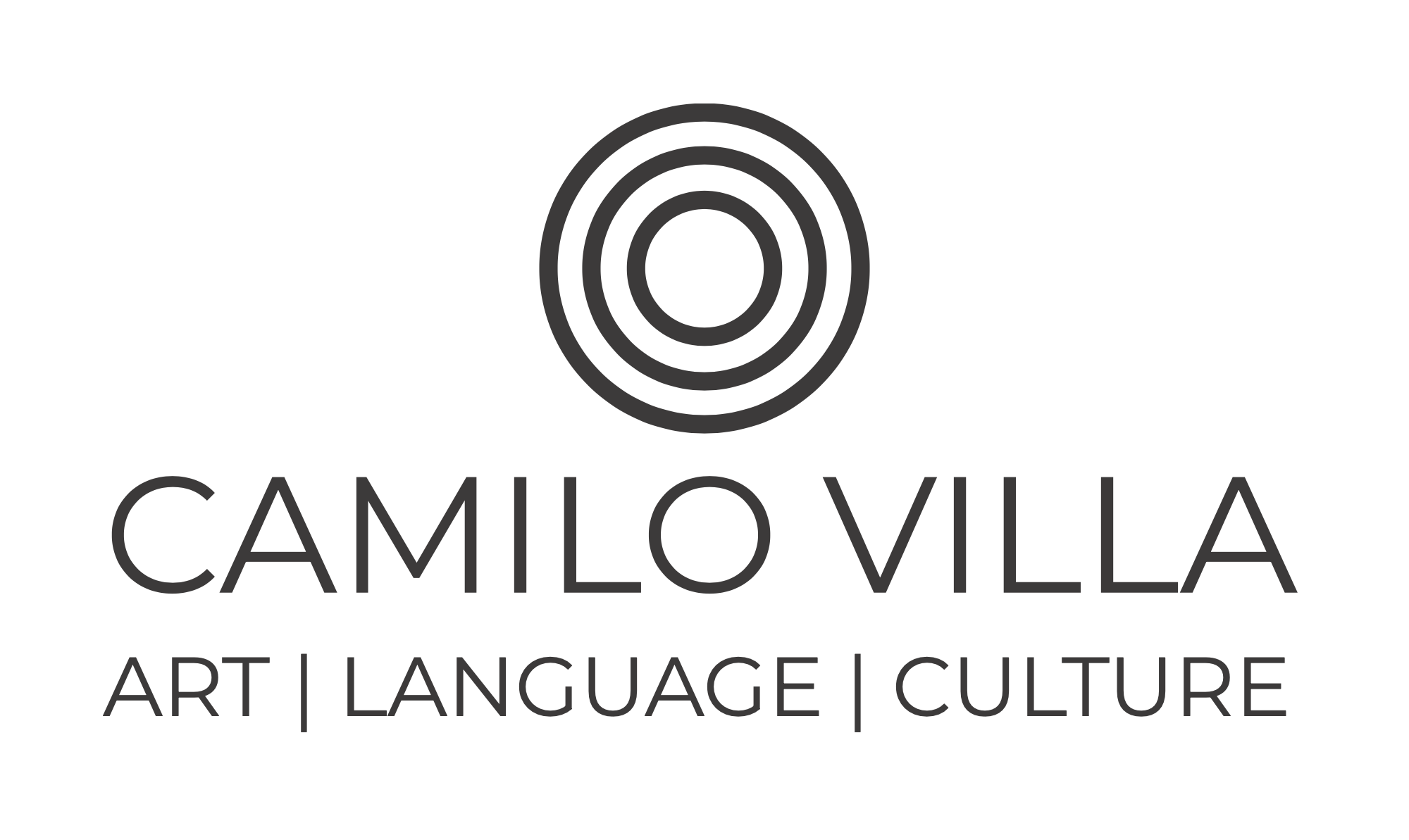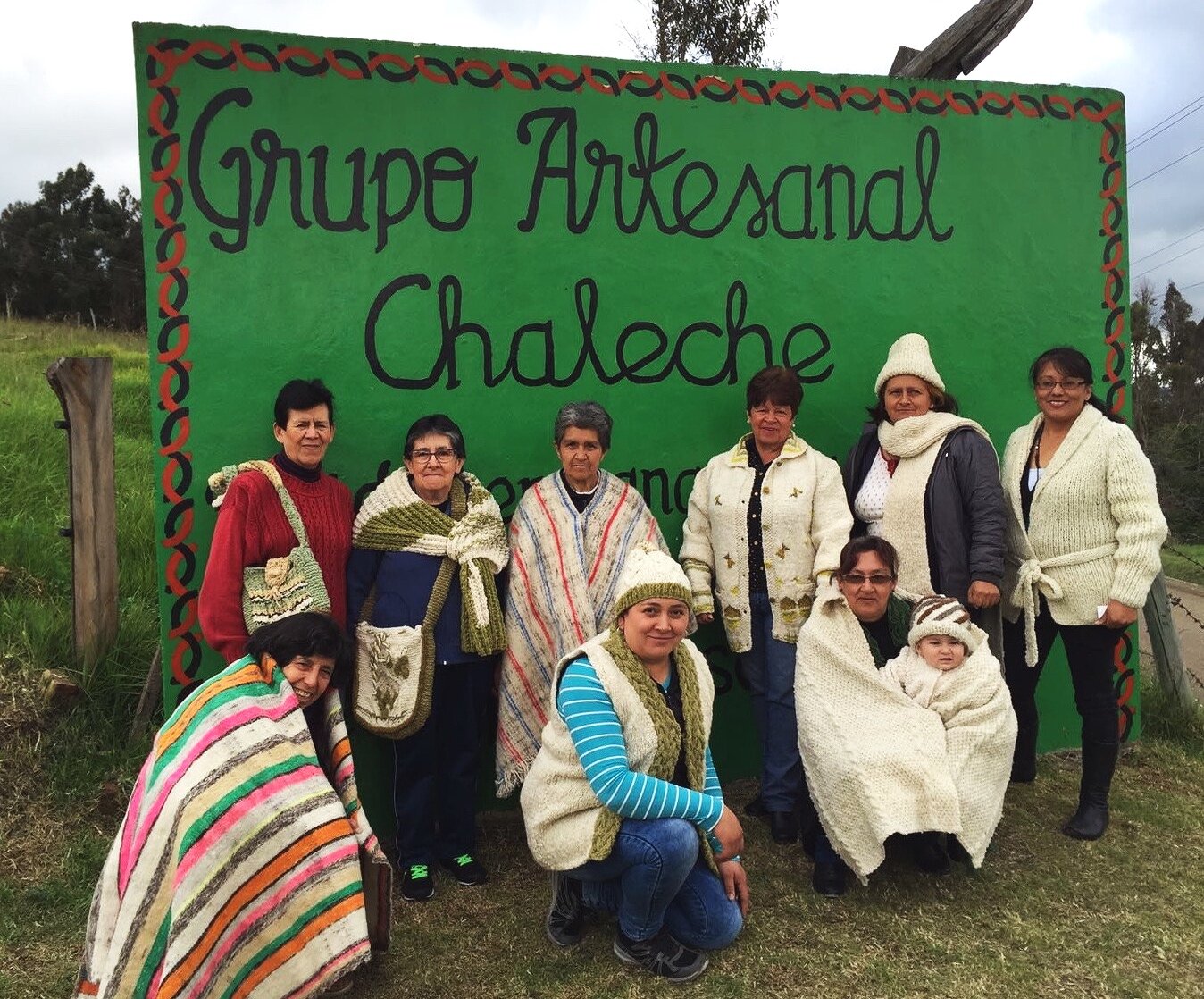WEAVING NATURE
Check out our Weaving Nature Recipe book by clicking here!
THE PROJECT
Community with Karachi (CwK) was a collective that was established as an act of recognition that taking care of your environment is an extension of taking care of yourself and that taking care of yourself relates to taking care of your community. The project formed with community artists, furniture designers and text ile artists and writers to experiment, research and share how natural dyeing used to dye animal and plant based fibers benefit the human body and the environment as opposed to chemically based dyes. We created a proposal based on a replicable model where we used food waste, fruits, vegetables and spices to dye fiber. Once the dye has been extracted from the material we deposit the food waste into a composting tumbler. we designed keeping in mind ease of use. Through the process of composting, soil that is created can be used to establish community gardens, as well as grow more dye producing plants.
We acknowledge art making as a healing act, we as artists acknowledge that art and design can be used as tools to build community, impact civic life, and our consensus is that there is a need for art in the public domain, art rooted in community engagement. Weaving Nature, a project based in Guatativita, Colombia stems from the Community with Karachi project. Weaving Nature came up from connections Misha Abbas and Camilo Villa established when discussing social, political and economic issues present within each of their espected home countries- Pakistan and Colombia. These connections brought upon the idea that CwK could be a replicable model that could be established in many different contexts and our first step to making the project tangible became in Colombia with a group of women textile artisans called El Grupo Artesenal Chaleche. This book is for them, it is a collection of natural dye recipes that were shared and experimented with during the natural dyeing workshops.
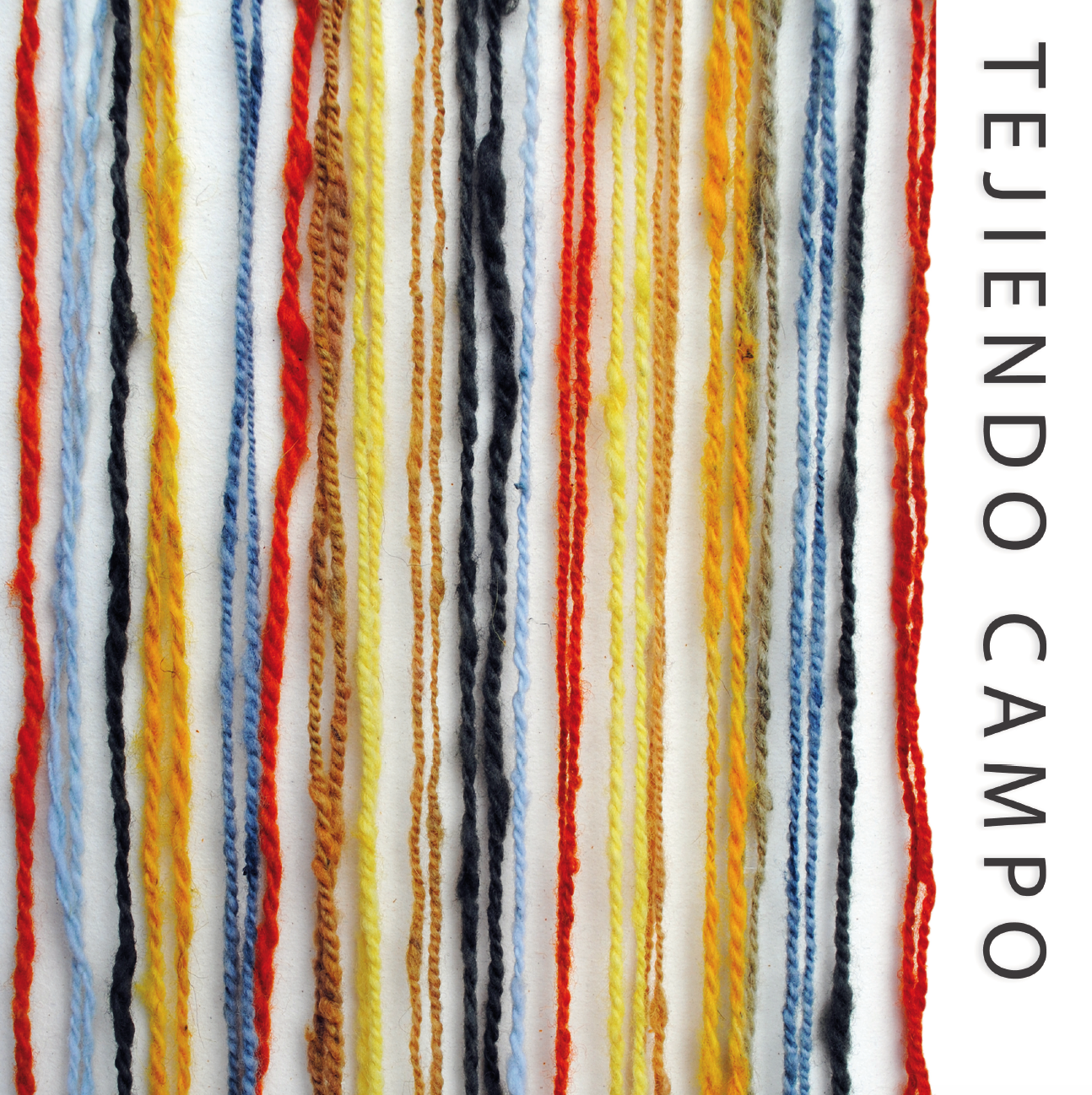
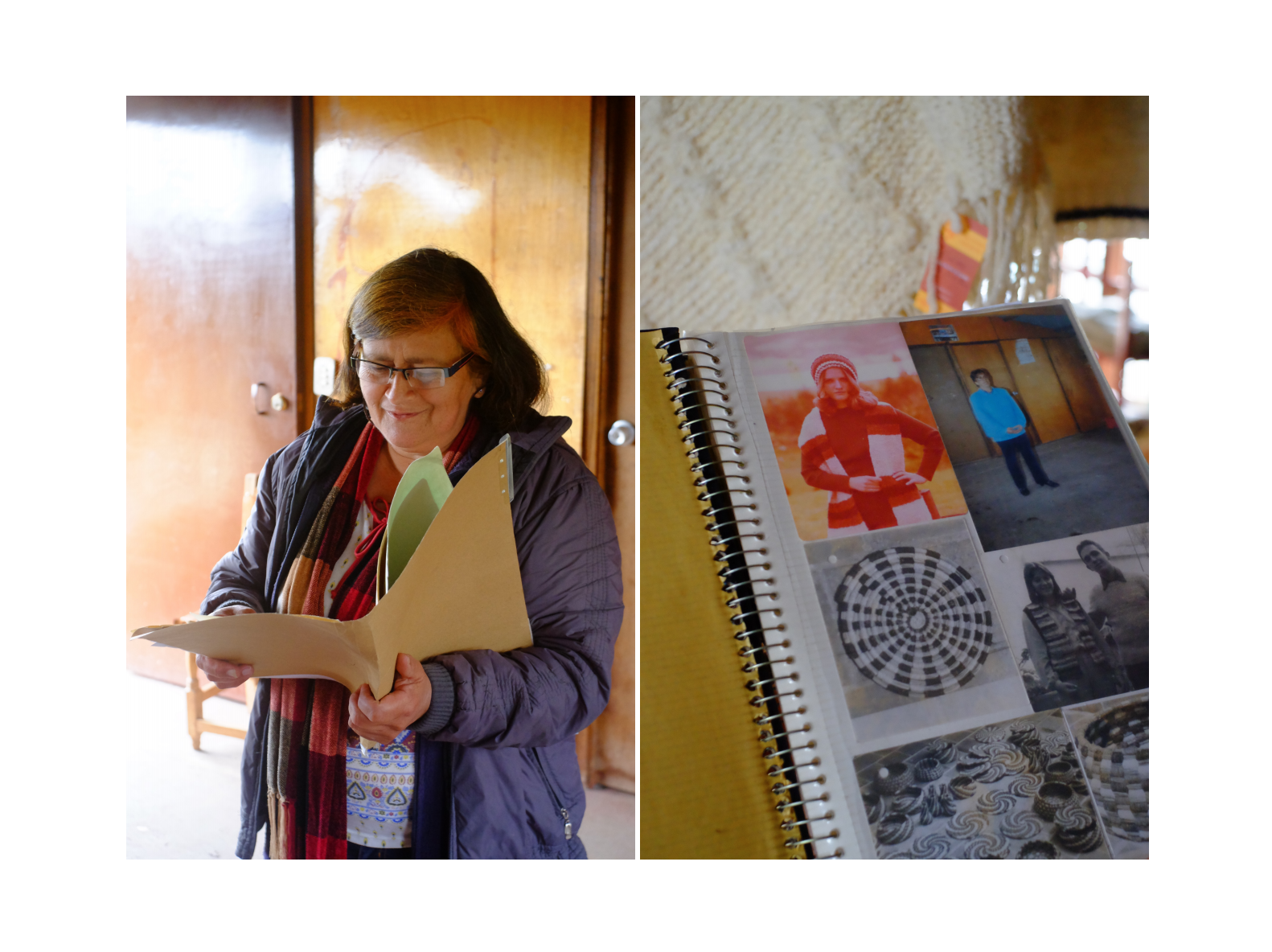
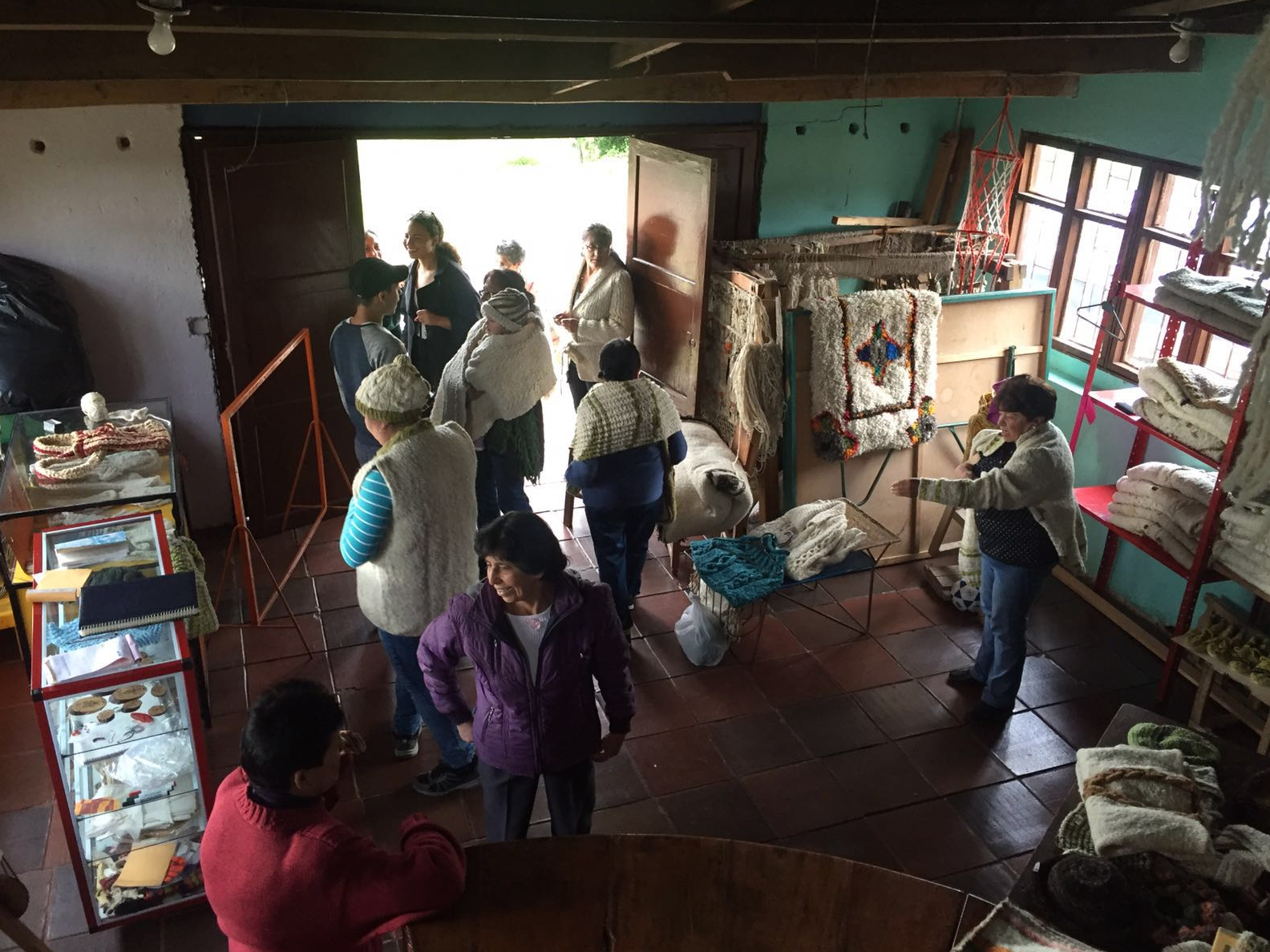
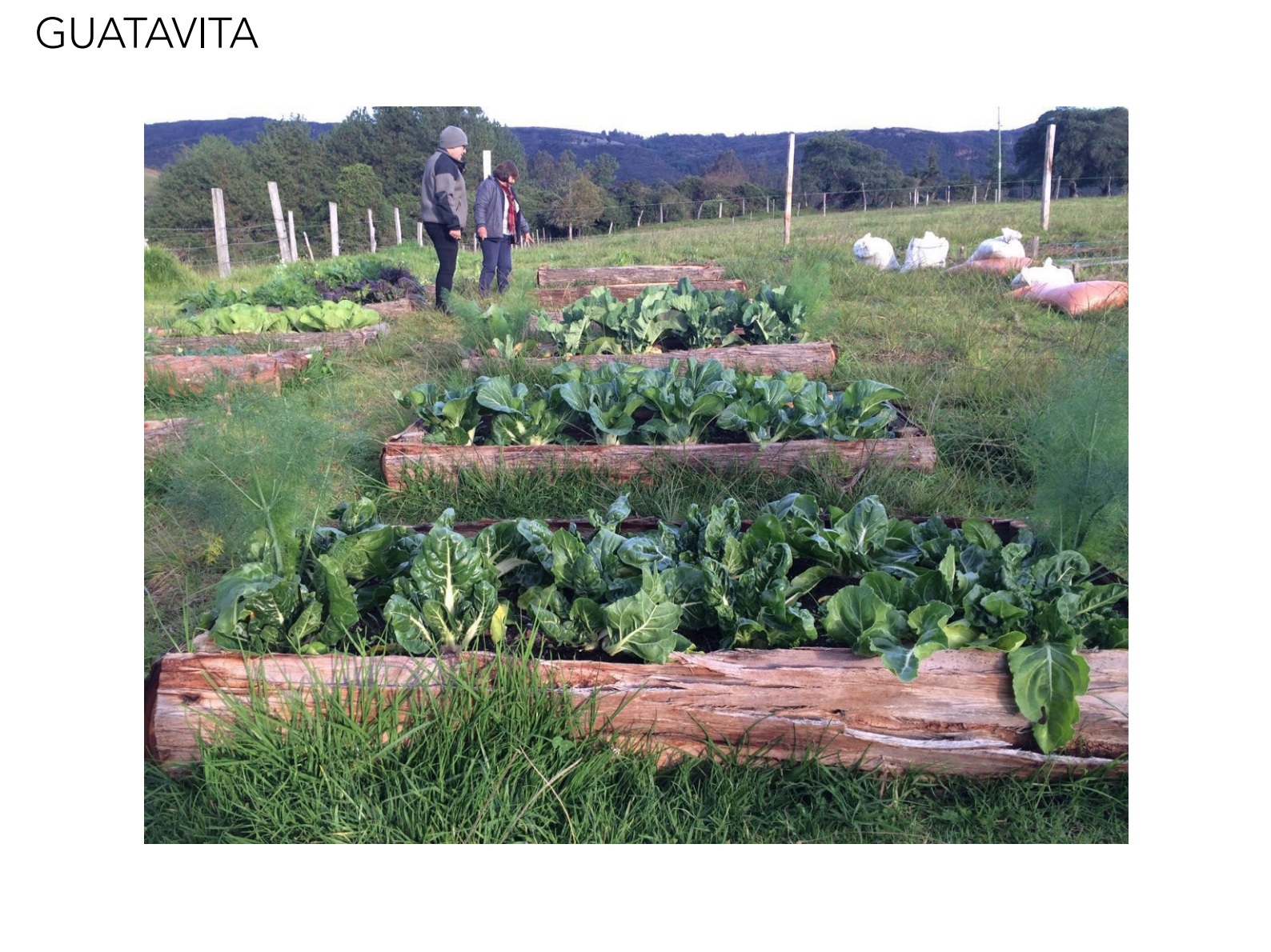
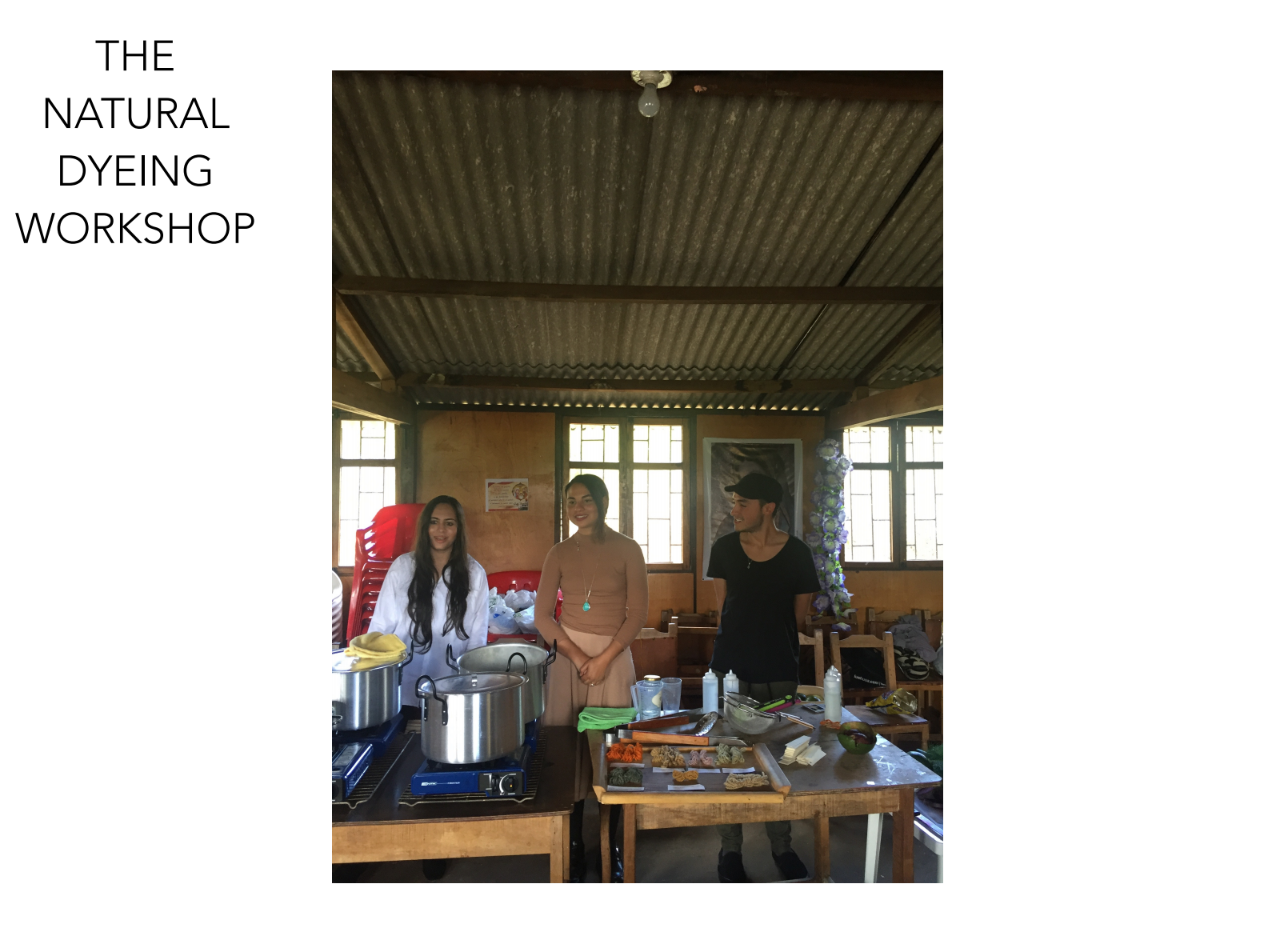
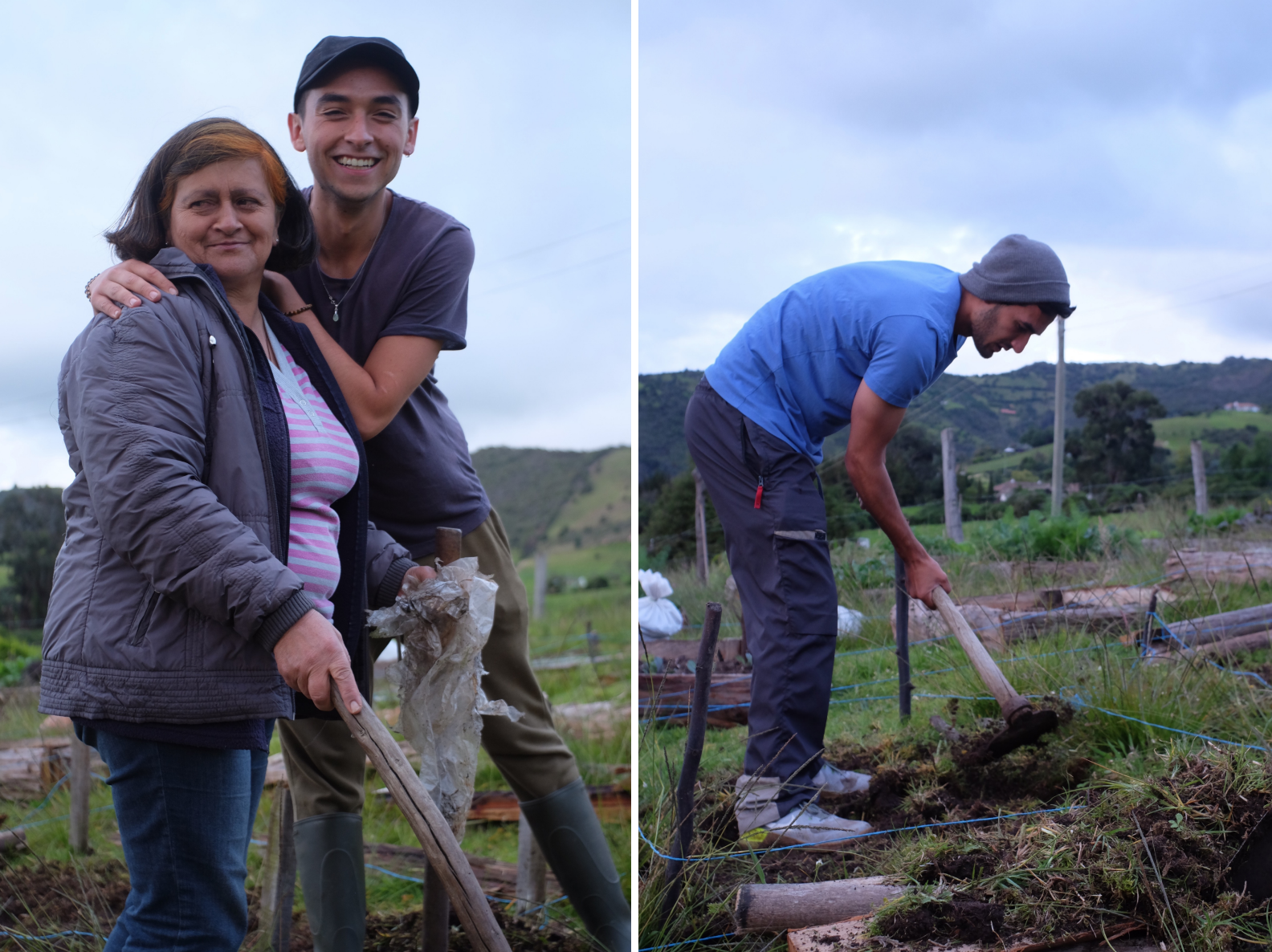
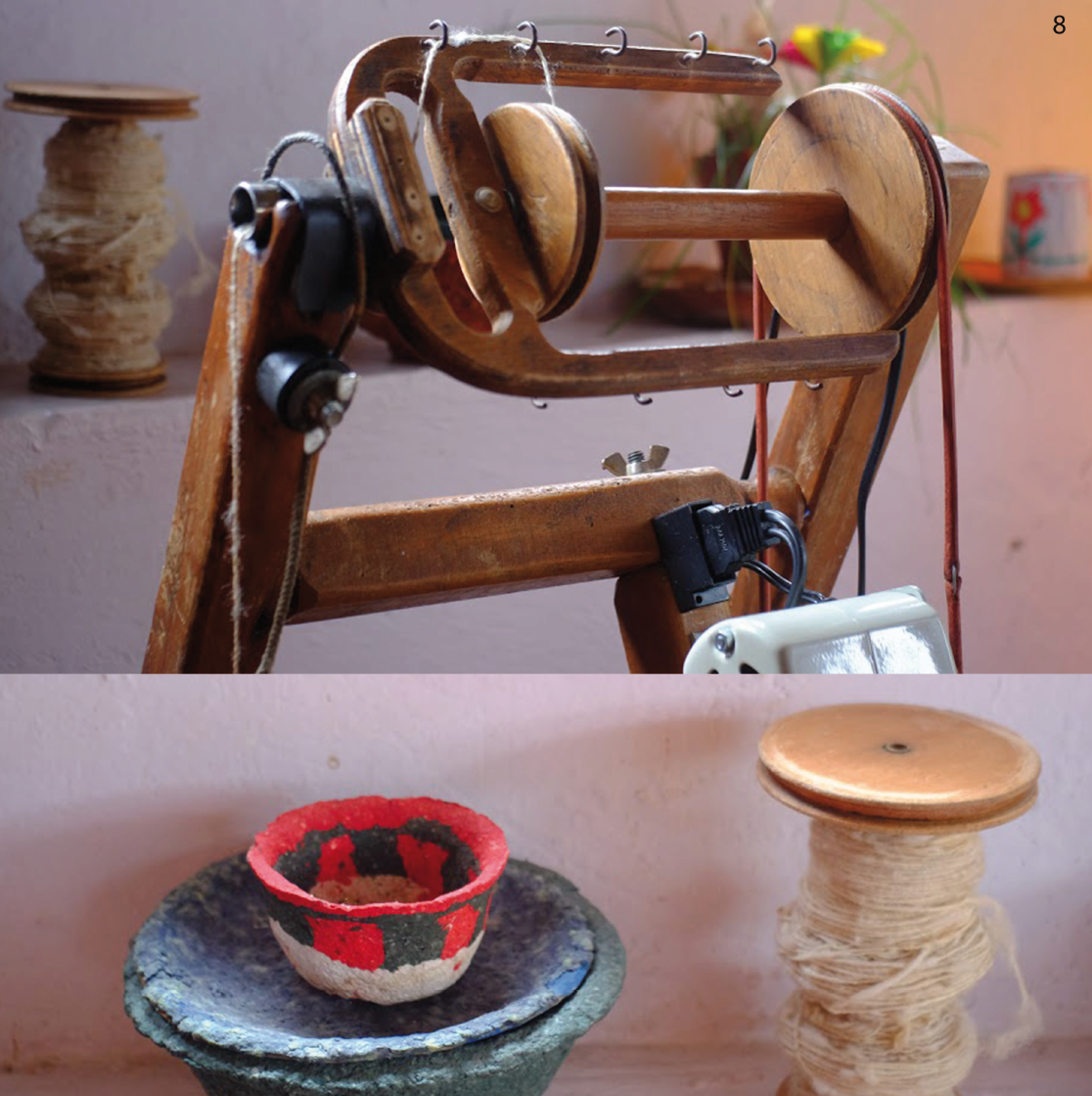
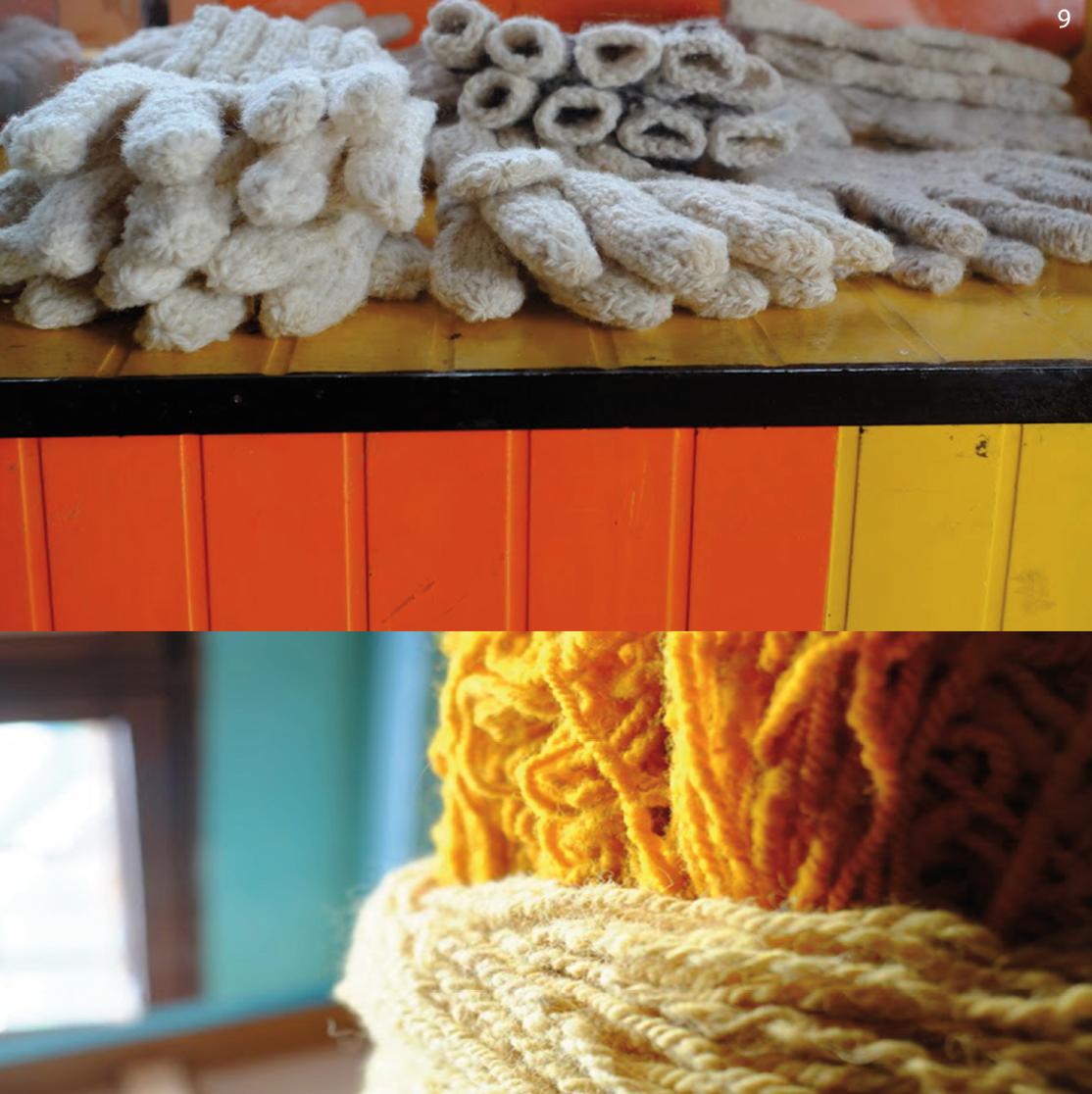
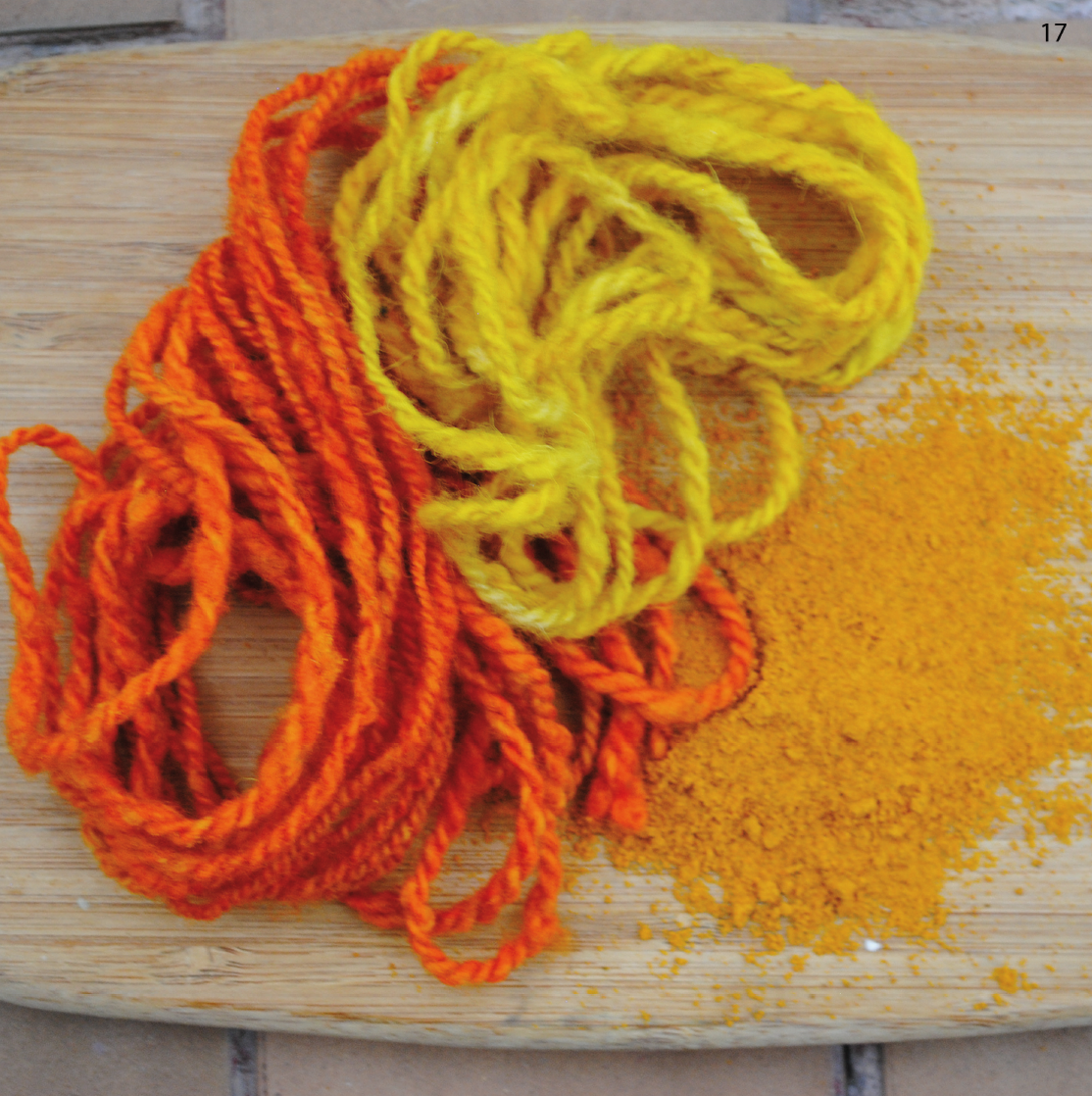
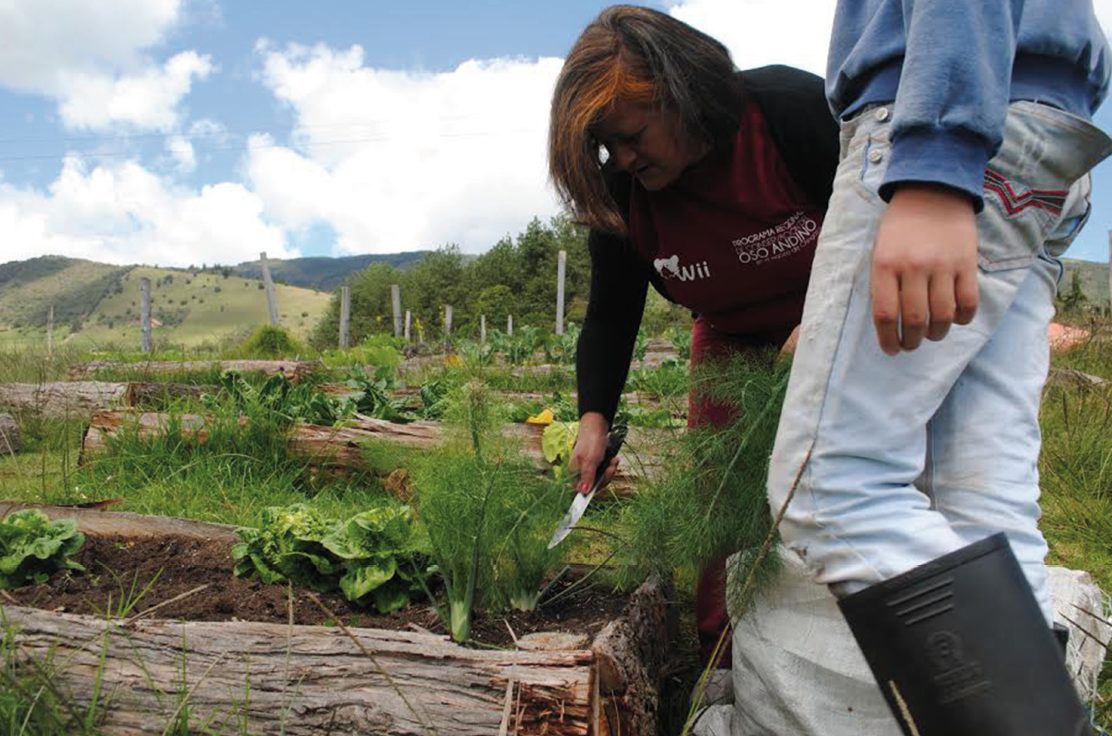

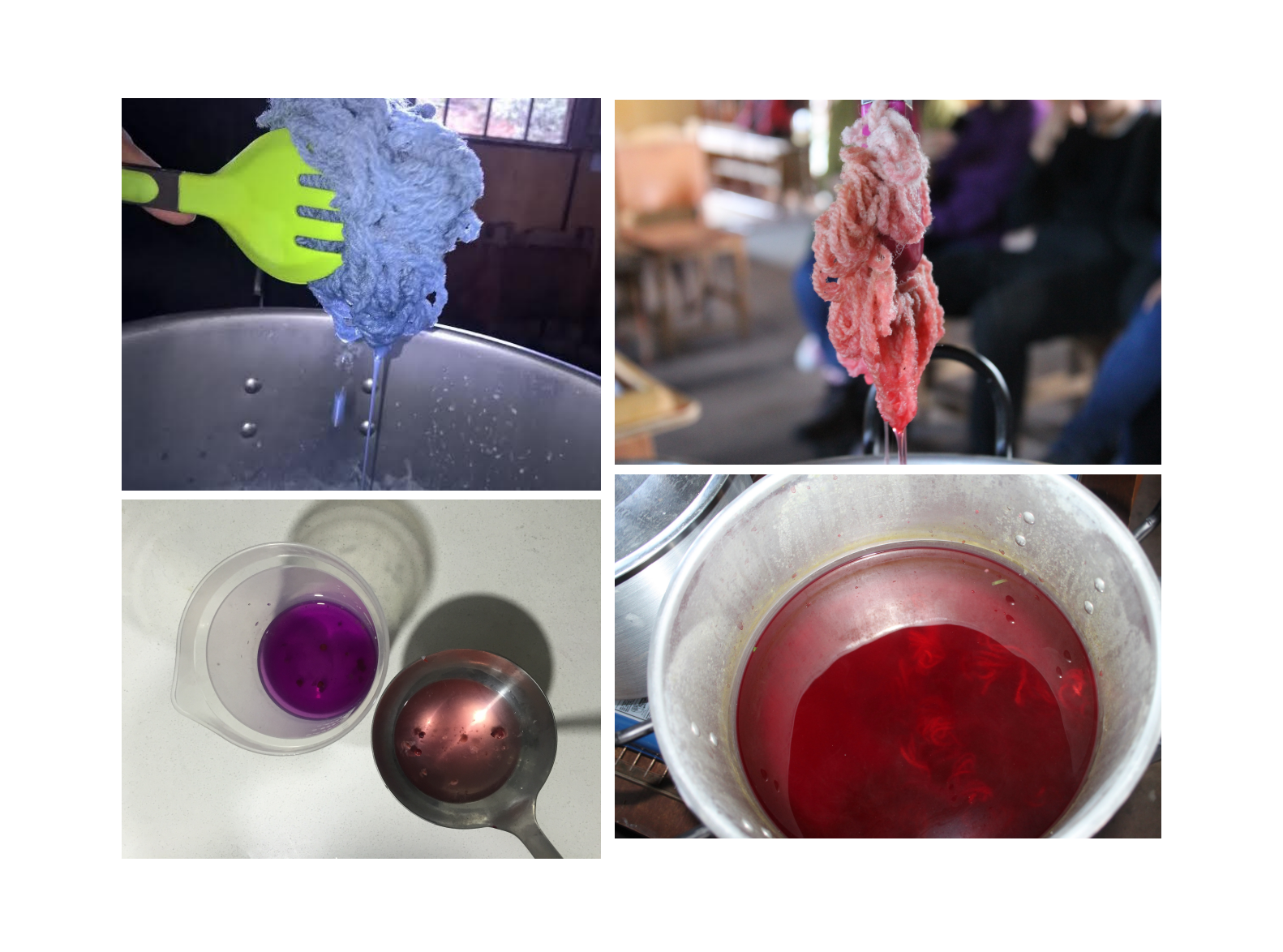
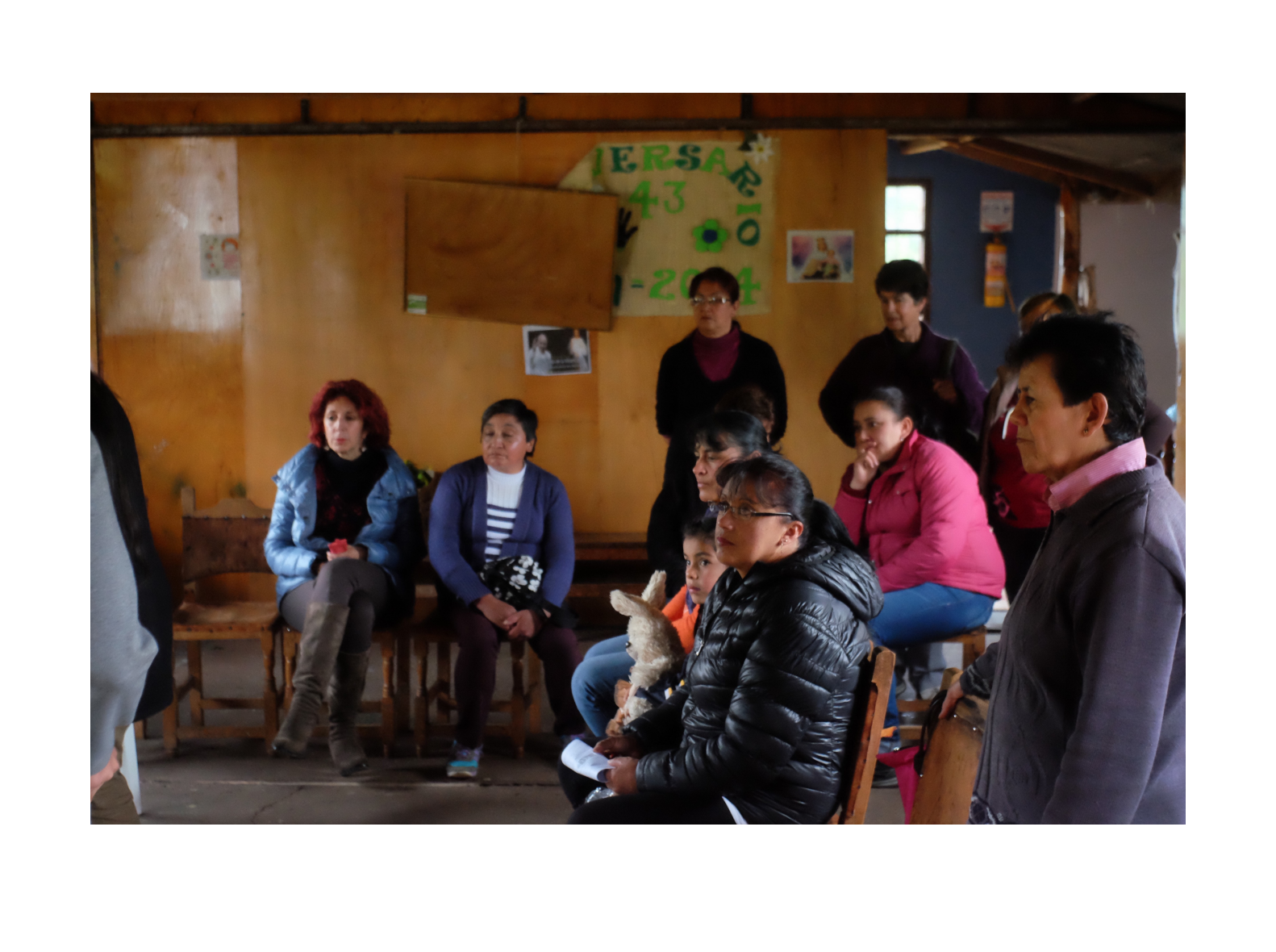
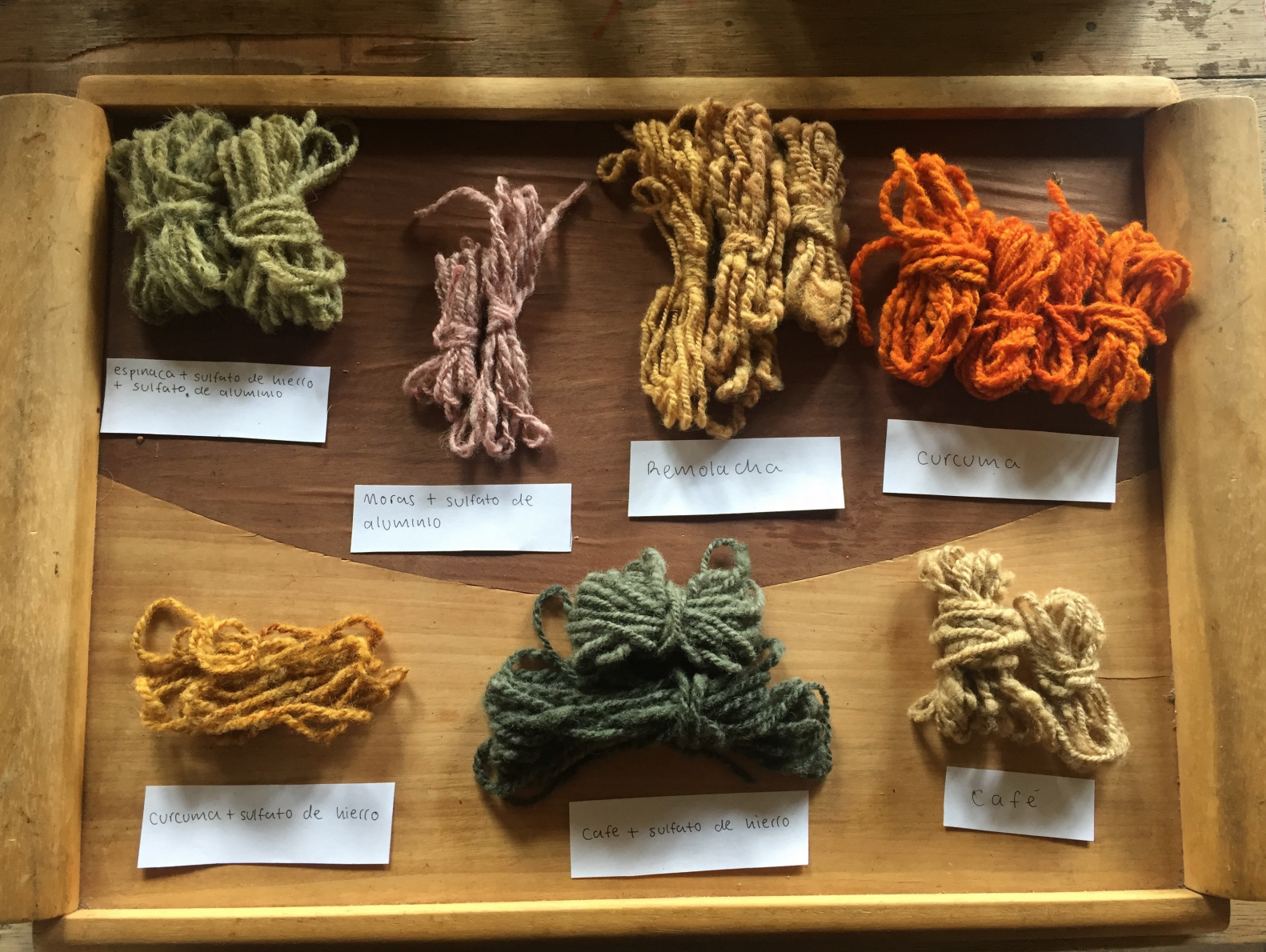
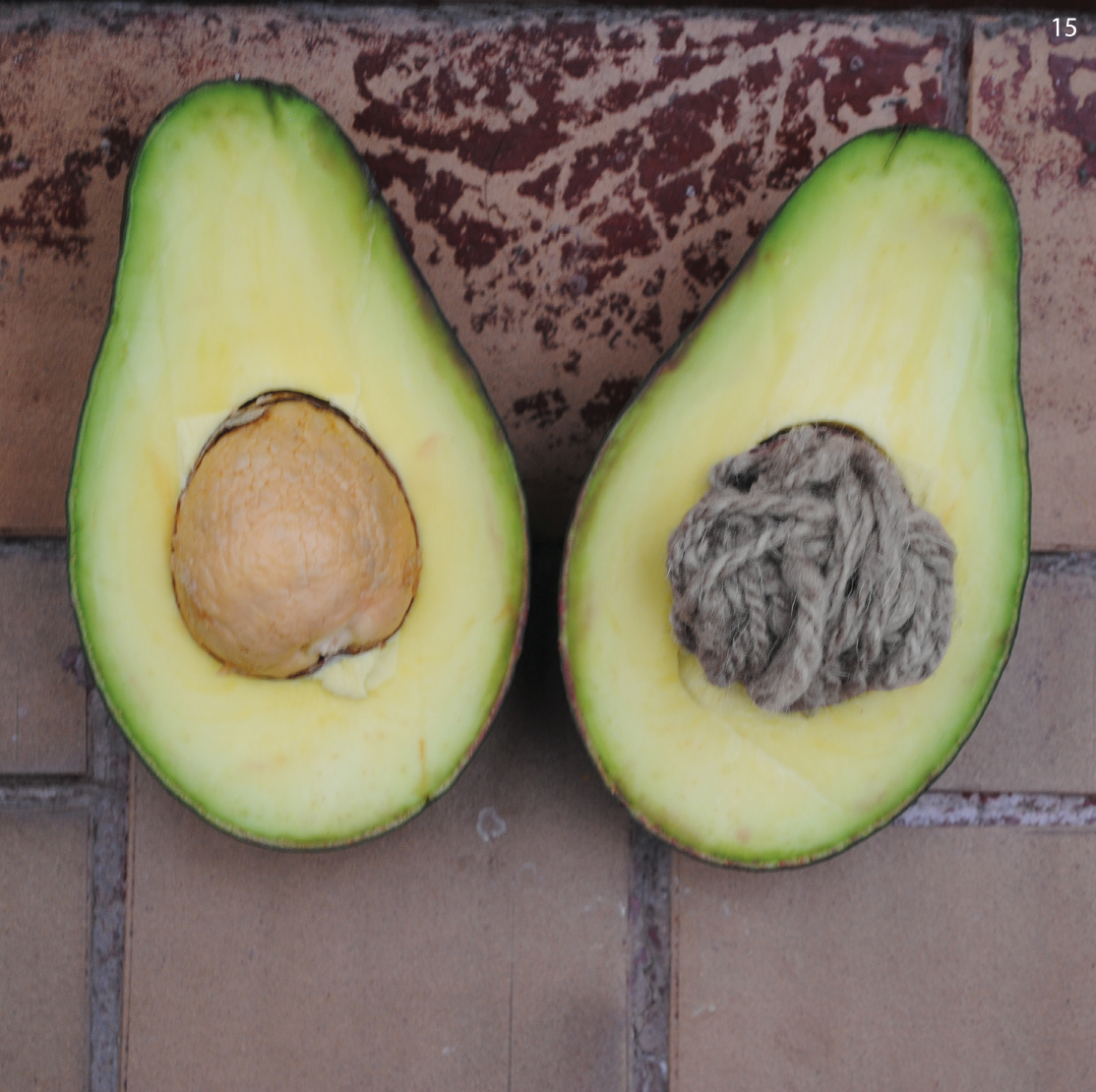
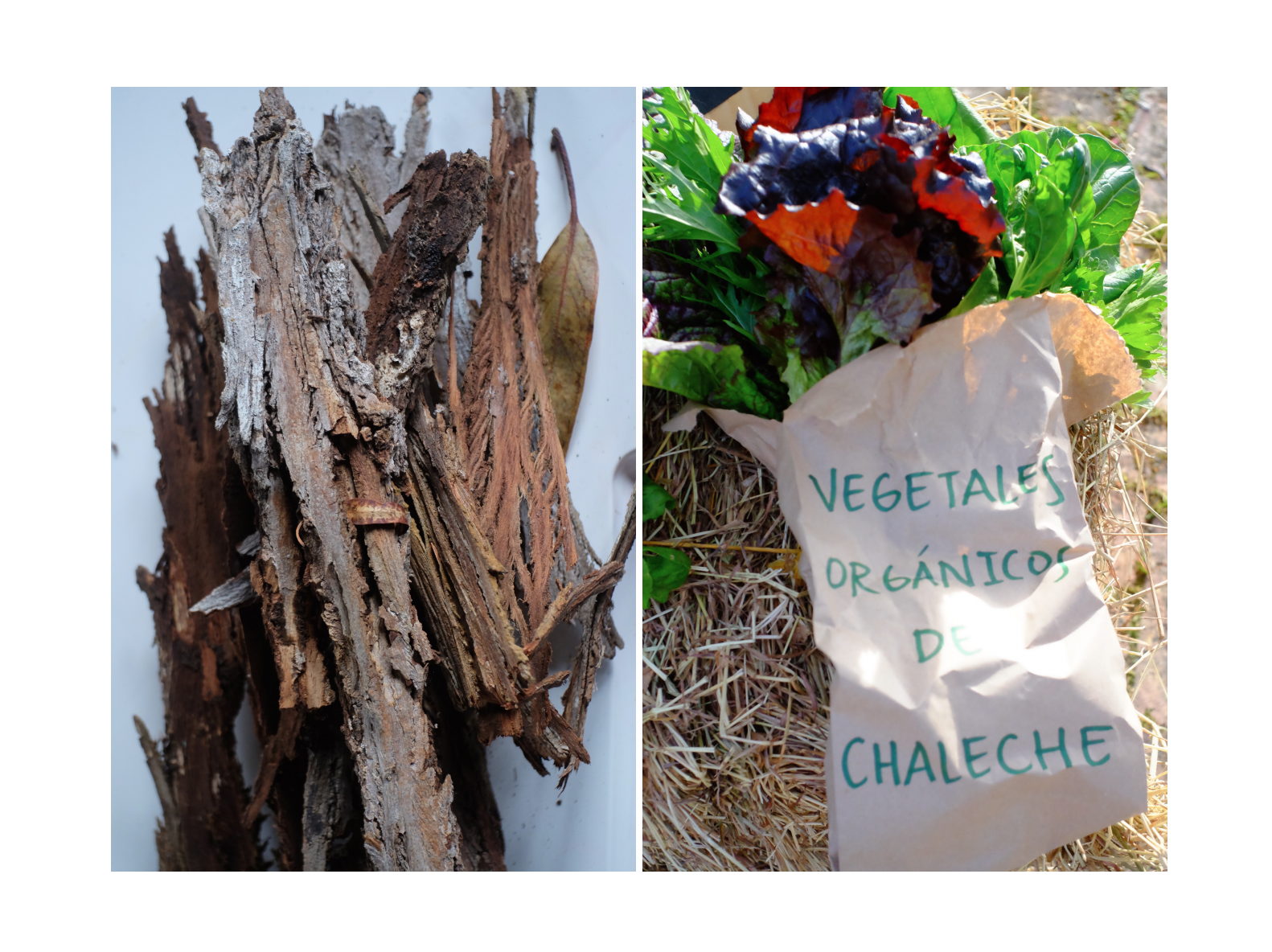
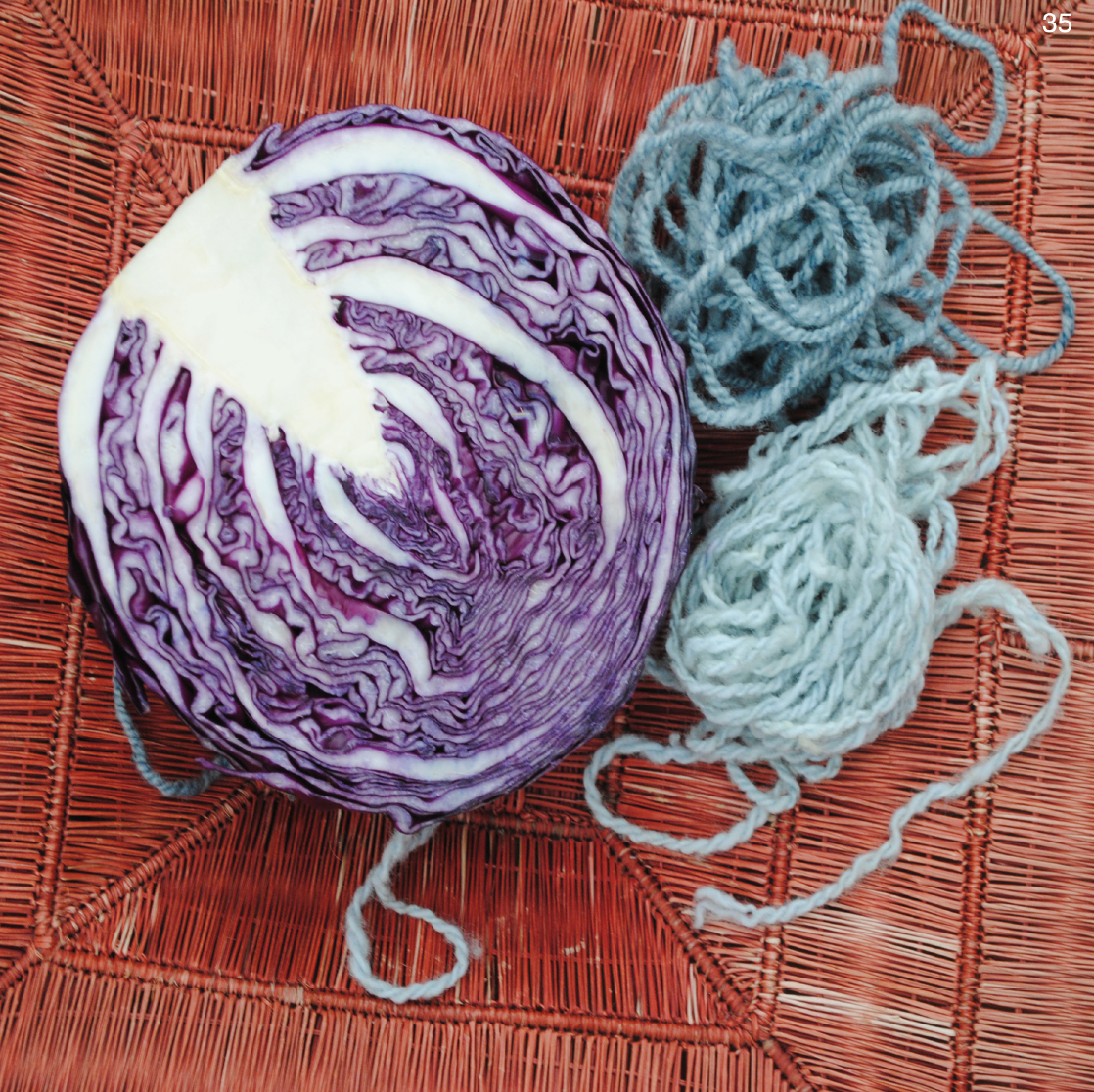

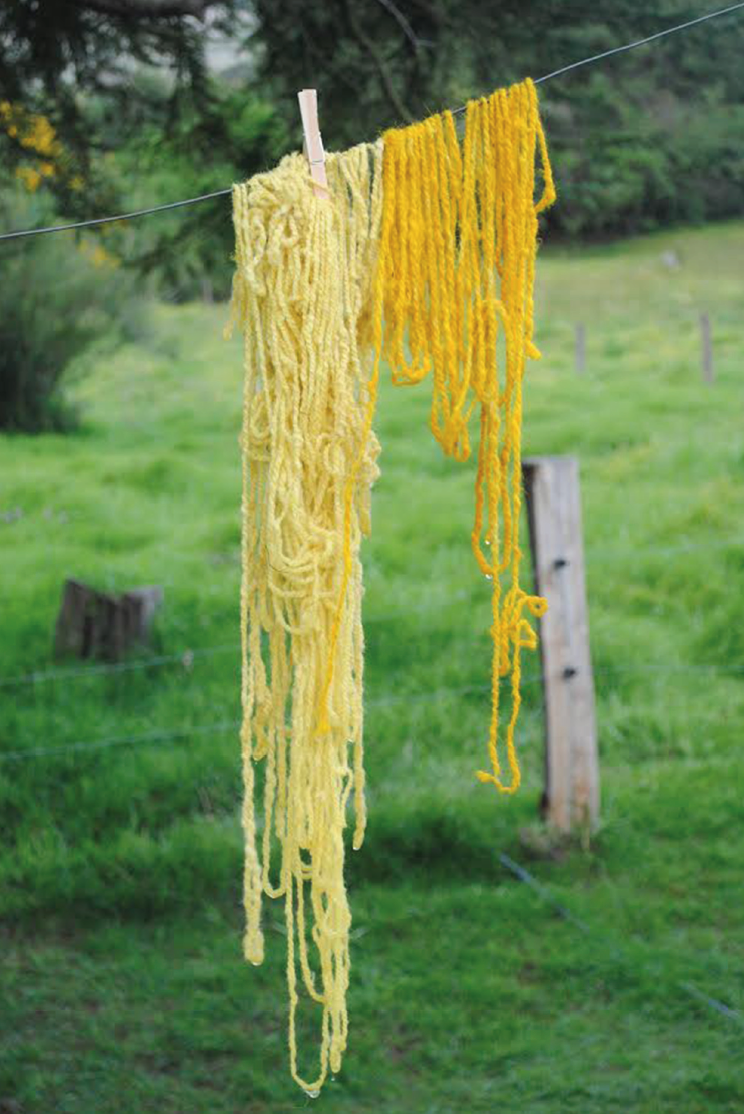
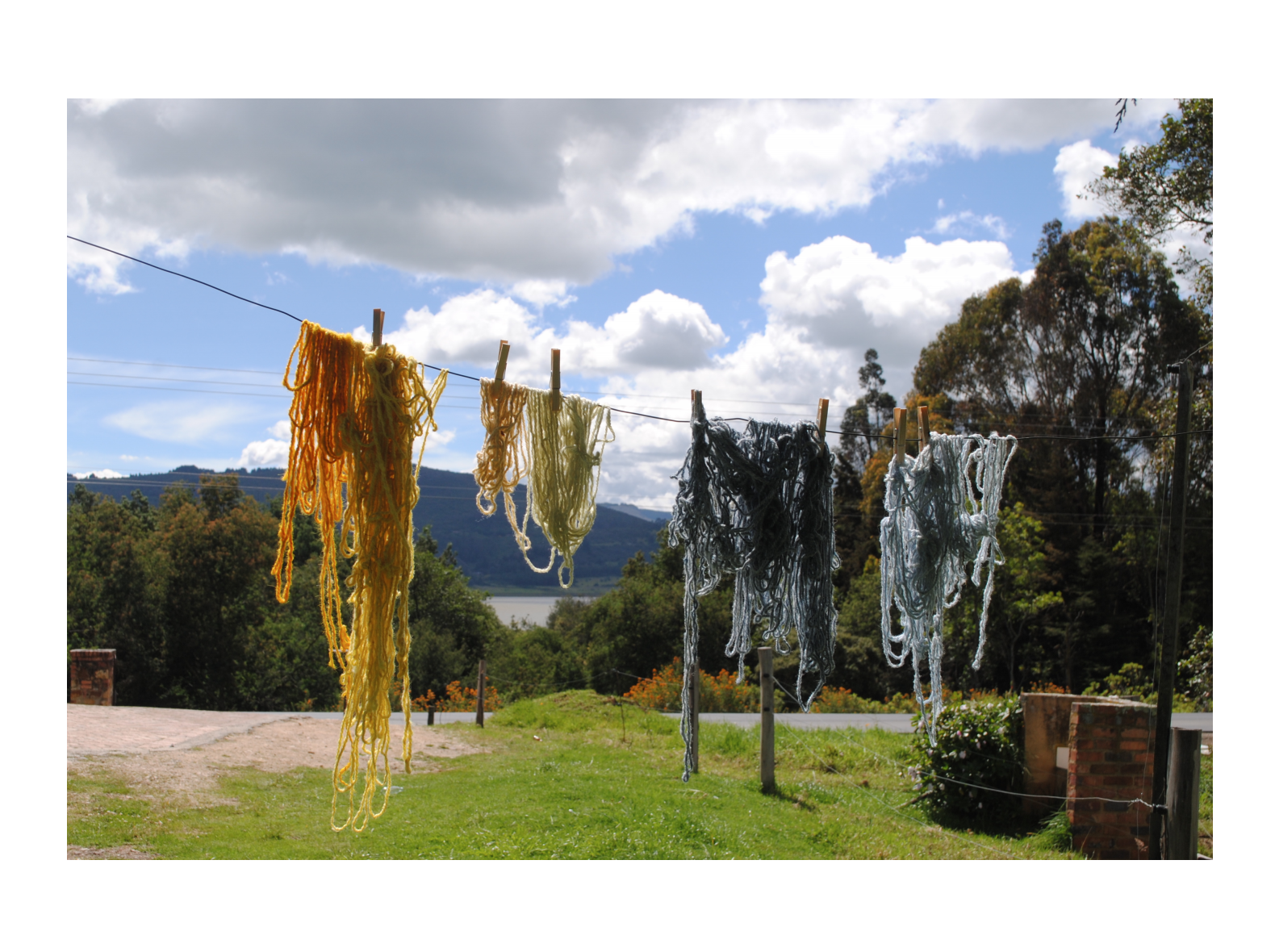
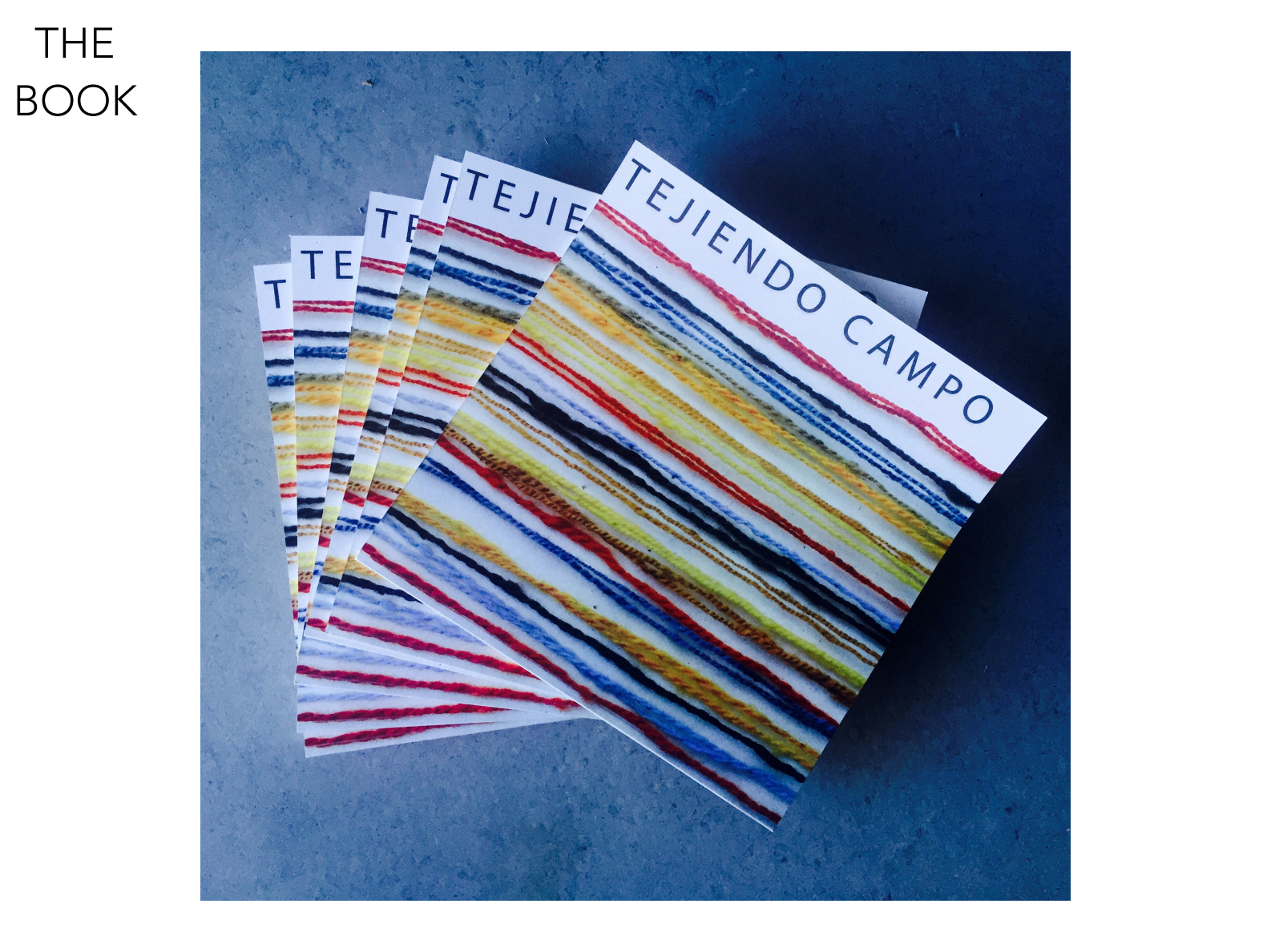

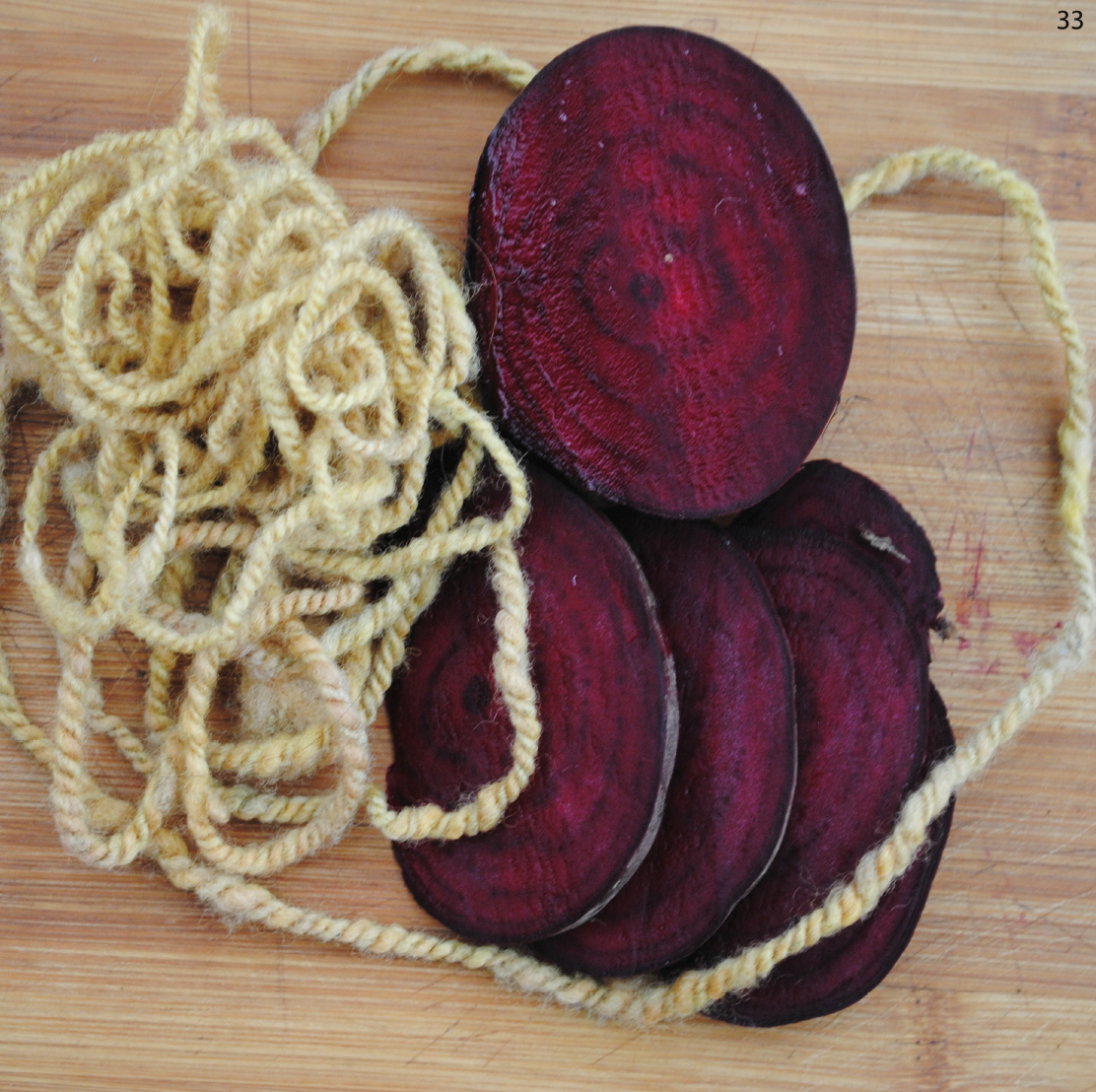
THE ARTISANS
The story of El Grupo Artesanal Chaleche (EGAC) began on October 31, 1975 with the initiative of a woman from Bogota, Colombia, named Anita Del Castillo. Initially, Castillo's primary goal was to build a cooperative for women in order for them to sustain their families without having to commute far from their homes everyday. In the beggining, EGAC had only 12 women working on various wool products including crochet carpets, tapestry, and ruanas. Soon, their wool products gained more recognition, which led to the group's creation and enterprise of interior folding screens made of wool, cariuela (sheep's grass), chusque (South American bamboo), and tagua seeds.
Succesfully, their folding screen creations were exported to the USA. Due to the money they acquired from product sales, the group obtained enough funding to purchase the property and land where the group is currently established. During this time, Colombia was experiencing an era of violence caused by the drug cartels to the point where they had to stop exporting their crafts to the USA. The discontinuation of exporting their products led to the end of the production of woven pieces, focusing more on sweaters, hats, vests, etc. During that time, the group had over 60 women working. They also explored diverse interests; getting involved with apiculture (beekeeping), gardening, and a food cooperative.
